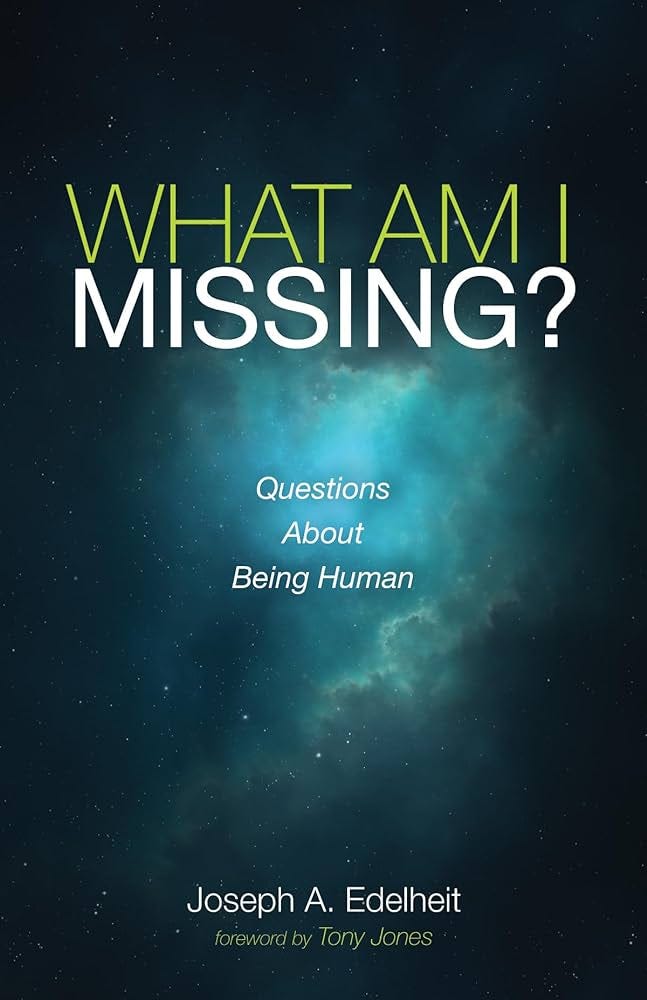In this conversation, Rabbi Joseph Etelhite discusses the story of Abraham and its significance in Judaism, Christianity, and Islam. He explores the themes of infertility, surrogacy, blended families, and the ethical complexities of Abraham's actions. Rabbi Etelhite emphasizes the importance of engagement, empathy, and the rejection of indifference in relationships. He also highlights the role of Abraham as an immigrant and the challenges faced by those seeking a new place to live. The conversation concludes with a discussion on Rachel and the importance of pluralism in religious faiths. This conversation explores the tension of identity, the exclusive claims of religion, the challenge of pluralism, and the limitations of human language. It delves into the changing nature of God, the power of pluralism, and the increase in antisemitism. The legacy of Rachel is examined, highlighting the importance of narrative. The conversation also addresses the interpretation of scripture and how to address transphobia. It concludes by emphasizing the need to balance personal experience with communal interpretation and move beyond oppositional discourse.
Takeaways
Abraham's story is significant in Judaism, Christianity, and Islam, as he is considered the first patriarch and an example of monotheistic faith.
Infertility is a common issue in the Hebrew Bible, and surrogacy is explored through the story of Hagar and Ishmael.
Abraham's story highlights the challenges and complexities of blended families and the importance of empathy and engagement in relationships.
The story of Sodom and Gomorrah is often misunderstood, with the focus being on sexual perversity rather than social indifference and cruelty.























Share this post